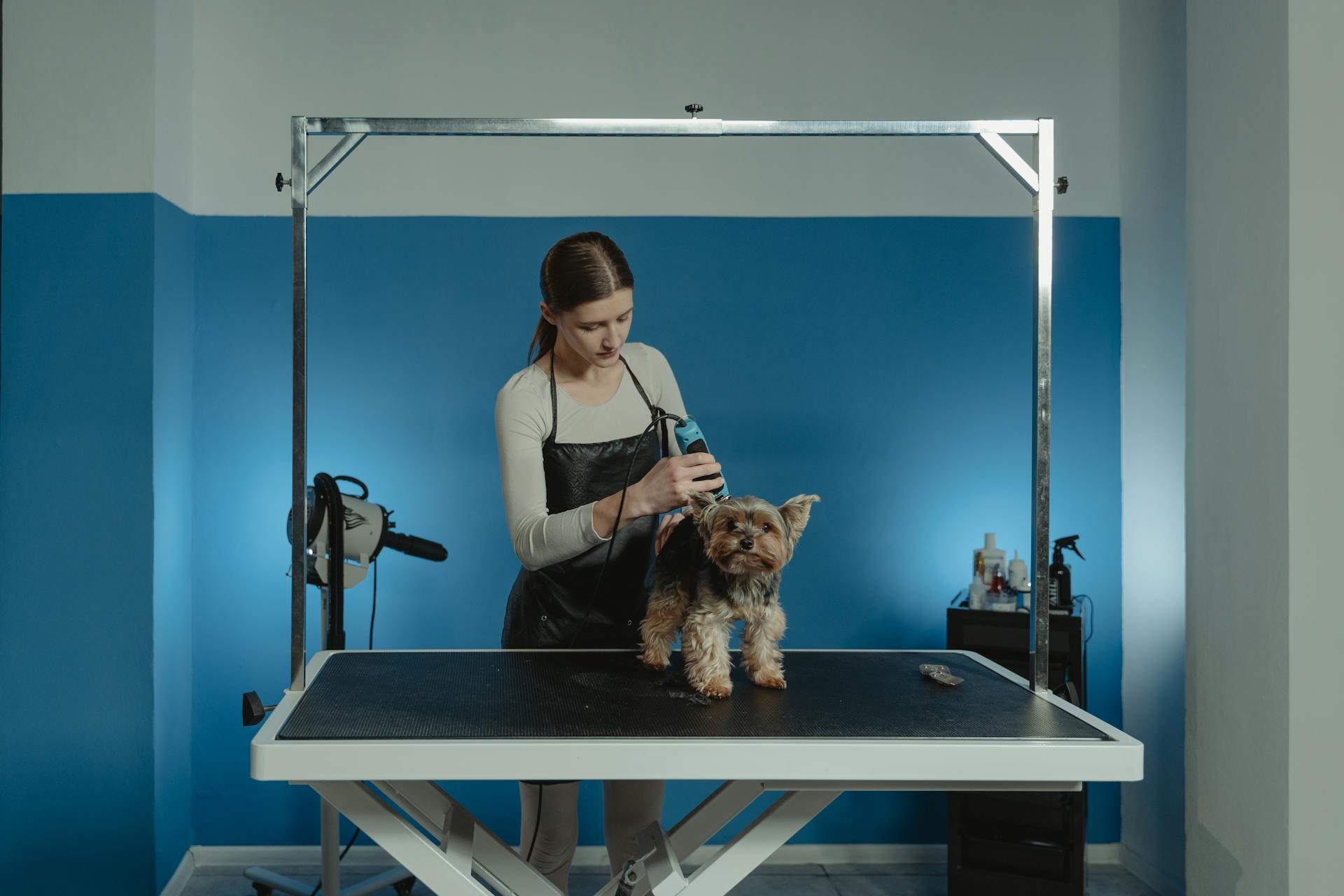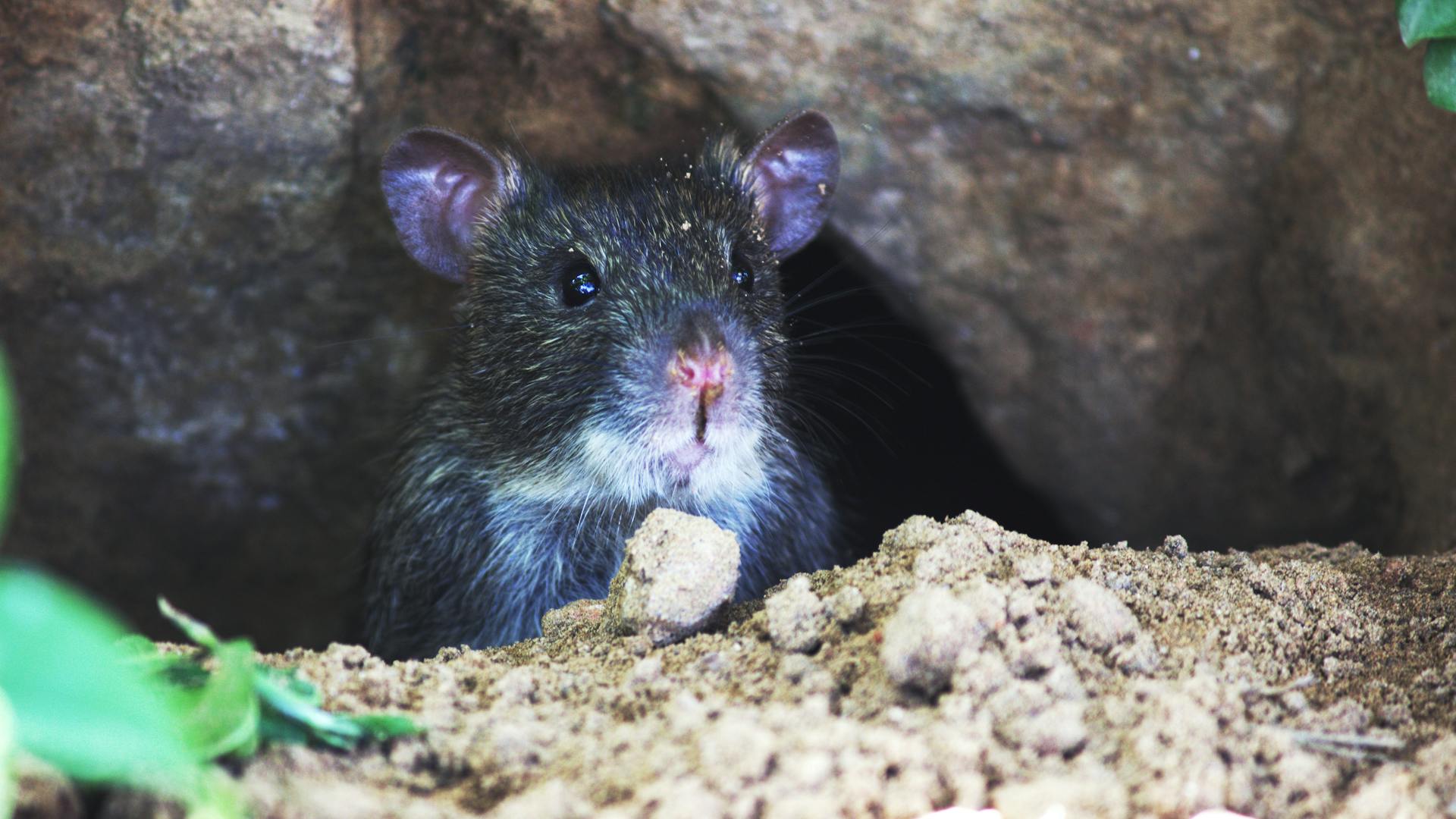
The Toy Rat Terrier is a small but mighty breed that's perfect for city living or families with small children. They typically weigh between 6-8 pounds.
Their short coats require minimal grooming, making them a low-maintenance pet. Toy Rat Terriers are intelligent and active, requiring regular exercise to stay happy and healthy.
These little dogs are known for their big personalities and can be quite vocal, so be prepared for some chatter. Toy Rat Terriers are also highly social and love to be around people.
Characteristics of the
The toy Rat Terrier is a delightful companion, but it's essential to understand its characteristics to ensure you're a great match.
They have a moderate to high affection level, which means they'll shower you with love and attention.
Toy Rat Terriers are ideal for families with older kids, as they make excellent playmates.
Their high playfulness and energy level mean they need plenty of exercise and playtime to keep them happy and healthy.
You can expect a moderate to high amount of shedding, so be prepared for regular grooming sessions.
Here's a quick rundown of their characteristics:
Overall, toy Rat Terriers are lively, loving, and loyal companions that thrive on attention and exercise.
Health and Care
Rat Terriers can live a long and healthy life, with an average lifespan of 12-18 years. They're a relatively low-maintenance breed when it comes to grooming.
To keep your Rat Terrier in top shape, regular exercise and training are a must. Daily exercise and a dedicated pet parent will help keep them happy and healthy.
Here are some potential health concerns to watch out for:
- Hip Dysplasia: A genetic condition that can cause pain and cartilage loss.
- Patellar Luxation: A condition where the kneecap dislocates, causing pain and loss of function.
- Legg-Calve-Perthes Disease: A condition where the ball of the femur bone deteriorates, causing pain.
- Heart Disease: Heart problems can develop in senior years and should be monitored by a veterinarian.
- Eye Disease: Rat Terriers are prone to primary lens luxation, which can lead to vision loss.
Health
Rat Terriers are generally a healthy breed, but like all dogs, they can be prone to certain health issues. They have a decent life expectancy, living between 12-18 years.
Hip dysplasia is a common concern for Rat Terriers, a genetic condition that can cause pain, cartilage loss, and scar tissue if left untreated. Treatment options include weight management, physical therapy, or surgery.
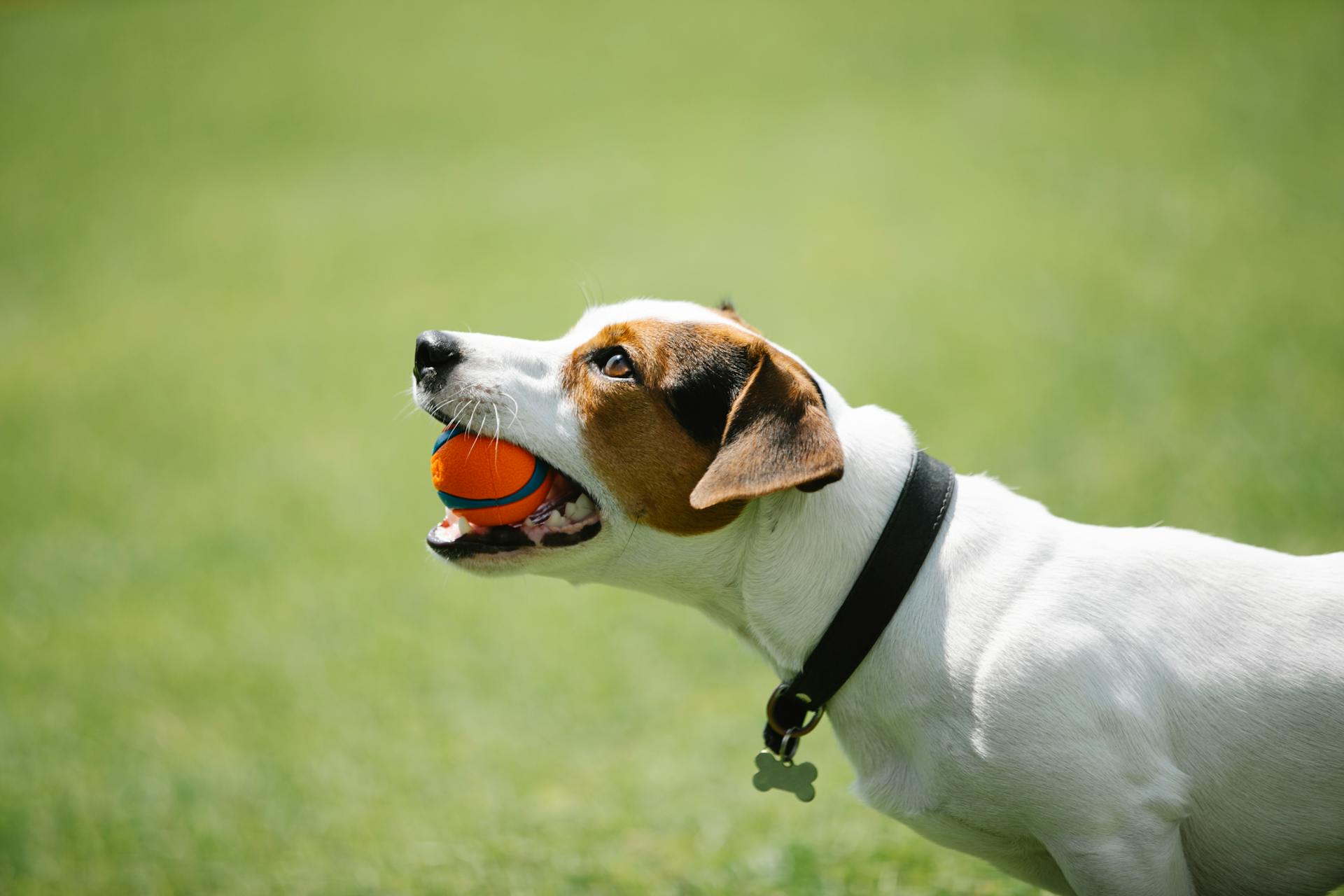
Patellar luxation is another issue that can affect Rat Terriers, causing the kneecap to dislocate and resulting in pain and loss of function. Treatment options include joint supplements, pain medication, and in severe cases, surgery.
Legg-Calve-Perthes disease is a condition that affects the hip joint, causing the ball of the femur bone to deteriorate. Surgery is often the treatment of choice to alleviate the pain associated with this condition.
Heart disease can be a concern for Rat Terriers, particularly as they age. Your veterinarian will want to monitor their heart for any concerns, and if a heart murmur is detected, they may refer you to a veterinary cardiologist for further evaluation.
Eye disease is also a concern for Rat Terriers, with primary lens luxation being a common issue. This can lead to teary, red, and/or cloudy-looking eyes, and eventually, dogs can go blind. If you notice any of these signs or have concerns about your pet's eyes or vision, contact your vet immediately.
Here's a quick rundown of the common health concerns for Rat Terriers:
- Hip dysplasia: loose hip joints, pain, cartilage loss, and scar tissue
- Patellar luxation: kneecap dislocation, pain, and loss of function
- Legg-Calve-Perthes disease: hip joint deterioration, pain
- Heart disease: heart problems, heart murmurs, and valve issues
- Eye disease: primary lens luxation, teary, red, and/or cloudy eyes, blindness
Care
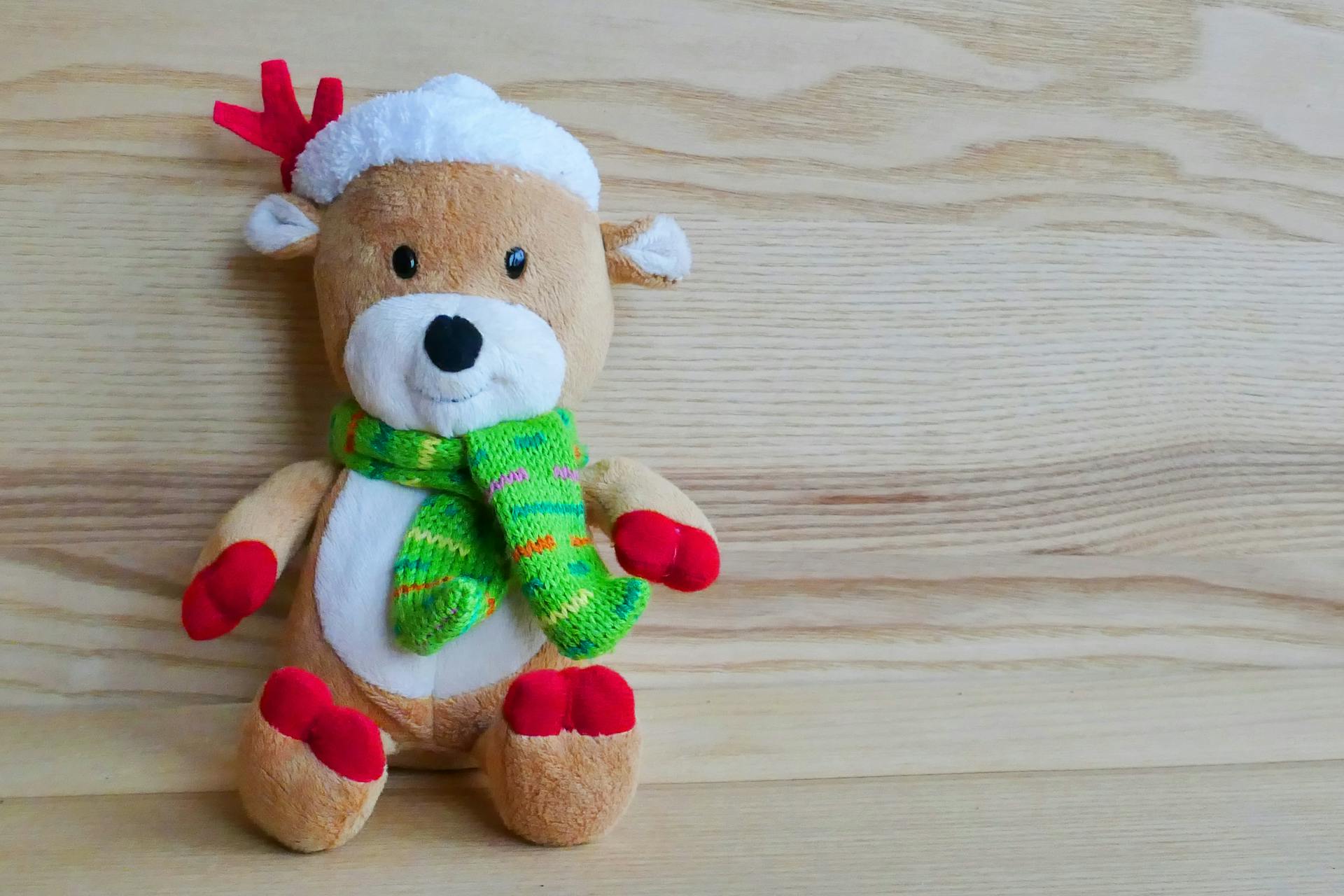
Crate training is a good idea for Rat Terriers, especially if you need to leave them alone. Crate train your Rat Terrier if you wish to leave the puppy out when he reaches adulthood.
Rat Terriers are people dogs and shouldn't spend their lives locked up in a crate or kennel. Never stick your Rat Terrier in a crate all day long, however.
Daily exercise is crucial for Rat Terriers. They need daily exercise and a pet parent who is as determined and dedicated as they are.
Rat Terriers are adaptable and can thrive in various living situations. They're adaptable enough to be anything from apartment-dwellers to farm hands.
Low maintenance grooming is a plus for Rat Terrier owners. Rat Terriers are pretty low maintenance when it comes to their grooming needs.
Rat Terriers love family life and are affectionate dogs. They love family life, and they are affectionate and love family life.
Consider reading: Are Pit Bulls Good Family Dogs
Feeding
Feeding your Rat Terrier is all about finding the right balance for their individual needs. A good quality dog food can make a big difference in their overall health and energy levels.
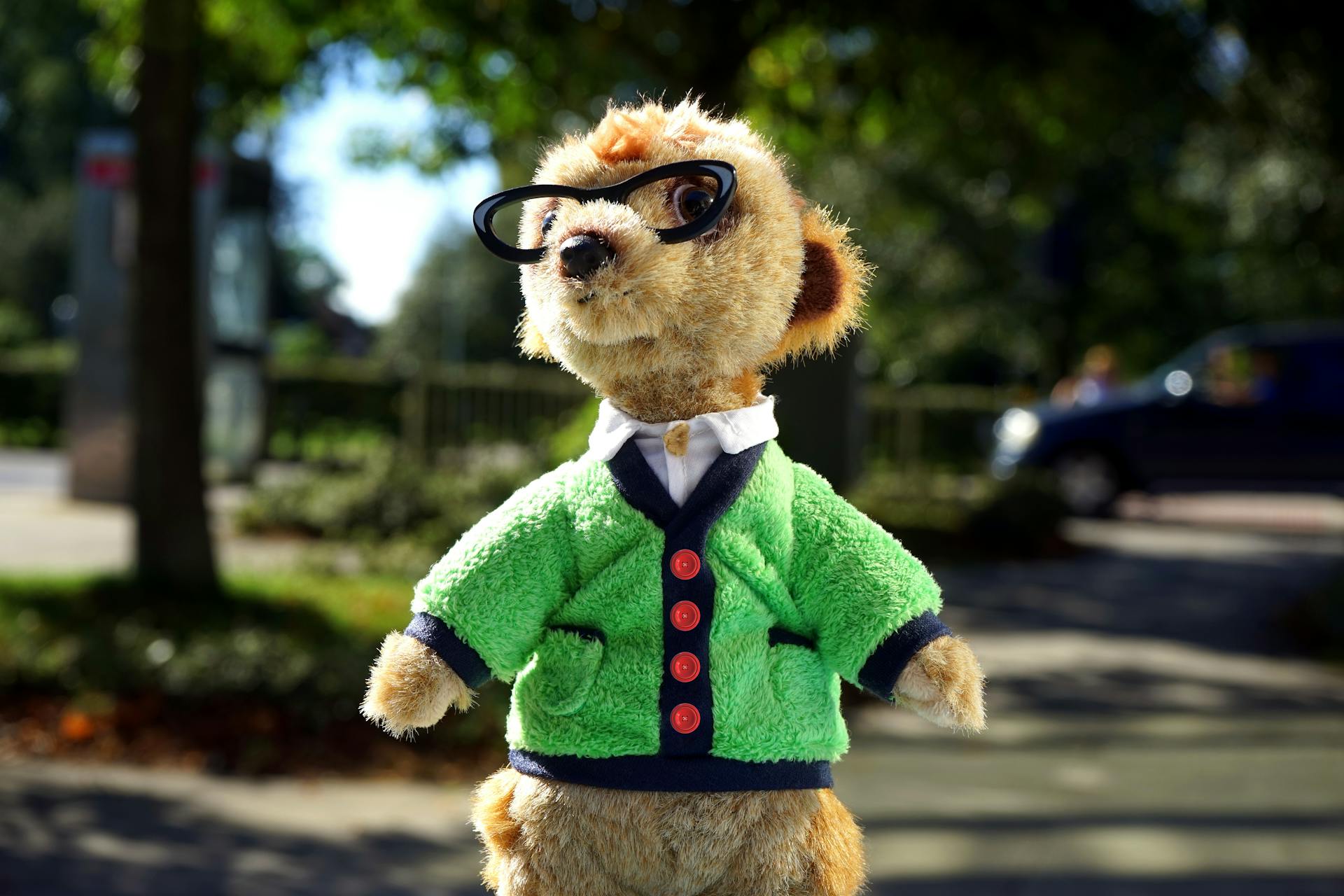
To determine how much food your Rat Terrier needs, consider their size, age, build, metabolism, and activity level. For example, a highly active dog will require more food than a couch potato dog.
Here's a rough guide to help you estimate the daily food intake for your Rat Terrier:
To ensure your Rat Terrier stays in good shape, it's essential to measure their food and feed them twice a day rather than leaving food out all the time. This will help prevent overeating and maintain a healthy weight.
Grooming
Grooming is an essential part of Rat Terrier care, and it's not just about making them look good - it's also crucial for their health.
Rat Terriers have a short, smooth coat that requires minimal maintenance, but they still need regular brushing to remove loose hair and prevent matting. A weekly brushing with a soft brush or rubber curry mitt is all they need to keep their coat shiny and healthy.
Here's an interesting read: Yorkshire Terrier Coat
Daily toothbrushing is ideal, but brushing at least weekly can help protect your Rat Terrier against dental and oral disease. This is especially important for Rat Terriers, as they're prone to dental disease due to their small mouth size.
Their nails need to be trimmed about once a month, as long nails can be painful for them to walk on. You can check their nails weekly and trim them as needed to prevent painful tears and other problems.
Rat Terriers are seasonal shedders, and they shed heavily in the spring and fall. To prevent tiny Rat Terrier hairs from invading your home, it's essential to keep up with their weekly brushing.
Here's a quick rundown of the grooming tasks you should perform on your Rat Terrier:
- Weekly brushing with a soft brush or rubber curry mitt
- Weekly ear cleaning with a cotton ball and gentle ear cleaner
- Weekly nail trimming to prevent overgrowth
- Daily toothbrushing to prevent dental disease
Temperament and Training
The toy rat terrier is a big personality in a compact body, and they're known for being highly intelligent and inquisitive. They love to solve puzzles and play games, which makes them a joy to be around.
These dogs are naturally inclined to be friendly and outgoing, but it's essential to socialize them properly from an early age to ensure they get along with kids, other dogs, and even cats. With proper training and socialization, they'll be a great companion for your family.
Rat terriers are also naturally protective of their people, which makes them good watchdogs. However, they can get a bit carried away with barking, especially if they're not properly trained to reduce their barking at the doorbell.
For more insights, see: Rat Terrier Barking
Temperament
Rat Terriers are a big personality in a compact body, inquisitive and highly intelligent.
These qualities work in their favor when it comes to puzzles and games that provide endless entertainment. They'll give 100 percent to any task, whether it's hunting vermin, running agility, or having a training session.
Rat Terriers are usually very friendly and tend to get along with kids and other dogs, but socialization from a young age is crucial to ensure they interact well with others.
They're also devoted to their people and love to be included, so don't leave them alone for too long or they'll pine for you.
Rat Terriers have a strong instinct to chase small animals, including rats, mice, hamsters, and birds, unless they're properly socialized to live with them.
As a result, it's essential to take precautions to keep them separated if you have pets like these at home.
Rat Terriers are also good watchdogs, so be prepared for them to bark when someone comes to the door.
However, with proper training, you can reduce excessive barking and help your dog become a well-behaved companion.
Training
Training is a crucial aspect of Rat Terrier ownership, and it's essential to understand their unique needs and characteristics.
Rat Terriers are highly intelligent, but they can be stubborn, so training may be challenging at times.
To keep your Rat Terrier engaged and prevent destructive behavior, incorporate games, rewards, and other forms of positive reinforcement into their training.
Rat Terriers are bright, motivated, and fast learners, making them relatively easy to train.
Start your Rat Terrier's training early with basic commands like sit, stay, and come, and remember that training doesn't end when they grow beyond puppyhood.
These dogs love to please and need mental stimulation, so don't hold back on graduating them to fun nose work or performing behavior chains.
Rewards-based training works best for Rat Terriers, so be prepared to give them plenty of praise and invest in some dog training treats.
To avoid excessive barking at the doorbell, introduce some training to help reduce barking at potential danger, such as the mailman.
Socialization is also crucial, especially when your Rat Terrier is a puppy, so they become accustomed to meeting new people and dogs, and even cats.
Intriguing read: How Young Can Male Dogs Breed
Frequently Asked Questions
How big do toy Rat Terriers get?
Rat Terriers come in two size varieties: Miniatures stand 10-13 inches tall, while Standards are over 13 inches and up to 18 inches tall.
Featured Images: pexels.com
